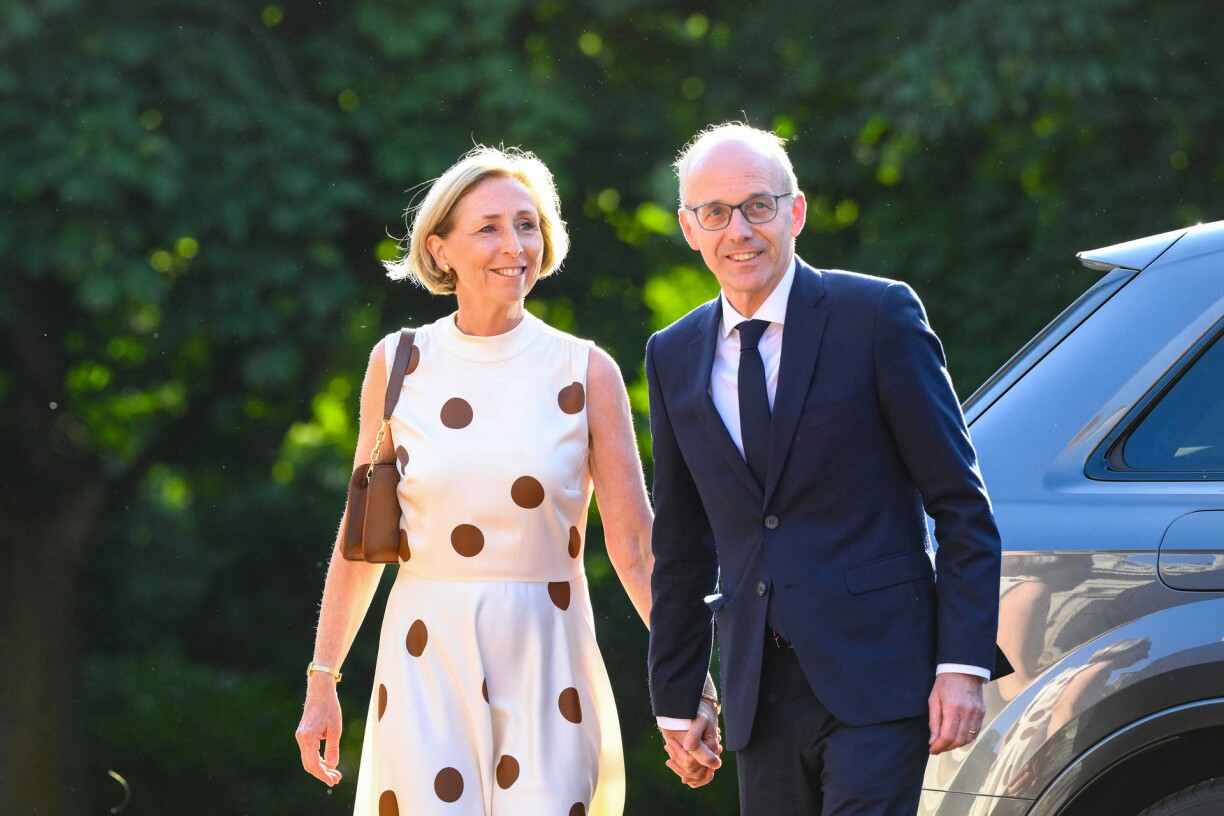
The NATO summit’s most pivotal meeting began on Wednesday morning, gathering the alliance’s 32 heads of state and government to discuss a historic increase in defence spending.
Prime Minister Luc Frieden confirmed Luxembourg’s reluctance to commit to a blanket target of 5% of GDP for military expenditure by 2035, emphasising the Grand Duchy’s need for flexibility. While endorsing the principle of bolstering defence efforts, he insisted adjustments must align with Luxembourg’s pace.
“It’s not enough to just talk about numbers,” Frieden cautioned, noting that challenges extend beyond financing. He warned against overemphasising rigid percentages or timelines, stating member states require “an extended period” to meet goals. “The aim is to progressively reinforce the various aspects of security,” he added.
The Prime Minister also pledged to scrutinise how other allies allocate additional funds, highlighting Luxembourg’s expertise in satellite and cybersecurity sectors during discussions with international press. Spending, he stressed, must remain “smart and adaptable.”
Much of the summit’s spotlight, however, fell on US President Donald Trump. Frieden briefly greeted him at a Dutch royal reception on Tuesday evening but clarified their exchange was limited to reaffirming Luxembourg-US “historical ties.”
Notably, Frieden avoided the effusive praise offered by leaders like Hungary’s Viktor Orbán, who lauded Trump’s Middle East and NATO policies.
Luxembourg joins several nations, including Belgium and Spain, in attaching caveats to the proposed NATO goal of raising military spending to 5% of GDP by 2035. Despite these reservations, the target is anticipated to gain unanimous approval – including from Luxembourg – in the summit’s final declaration.
President Trump hailed the agreement as a “big victory,” emphasising that European members must now “increase efforts” after years of disproportionate US contributions to collective security. NATO Secretary General Mark Rutte publicly backed Trump’s stance.
The meeting is scheduled to conclude within 2.5 hours, reportedly due to time constraints on President Trump’s agenda.